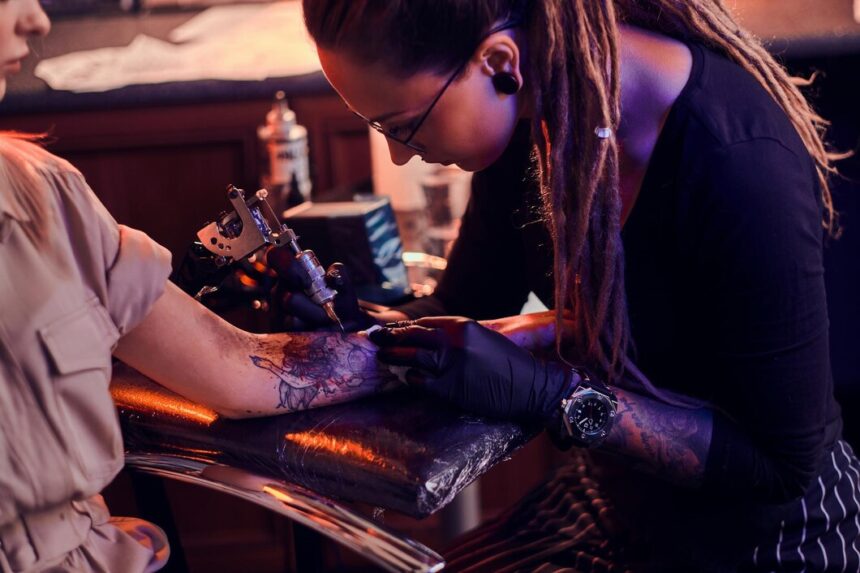Tattoos, once considered a mark of rebellion or cultural expression, have increasingly become a mainstream form of self-expression worldwide. While the aesthetic appeal and personal significance of tattoos are widely acknowledged, their impact on health, both positive and negative, raises important considerations beyond the surface level.
Cultural Significance and Personal Expression
Tattoos have a rich history dating back thousands of years, serving as cultural markers, symbols of identity, and artistic expressions. In many societies, tattoos signify rites of passage, religious beliefs, or affiliations with specific groups. Today, individuals choose tattoos to commemorate loved ones, showcase artistic preferences, or simply adorn their bodies with meaningful designs.
The Tattooing Process: What You Need to Know
Modern tattooing involves injecting ink into the dermis, the second layer of skin, using a needle attached to a tattoo machine. While generally safe when performed by trained professionals in sterile environments, the process carries risks such as infection, allergic reactions to ink, and skin sensitivities. Ensuring the tattoo studio follows strict hygiene practices and uses sterile equipment is crucial for minimizing these risks.
Tattoo Safety and Hygiene Practices
Before getting a tattoo, it’s essential to research reputable tattoo artists and studios. Ensure they are licensed, have a clean working environment, and use disposable needles and ink. Discuss any allergies or medical conditions with the tattoo artist to prevent complications during or after the tattooing process.
Skin Health and Long-Term Considerations
Aftercare plays a significant role in tattoo health. Properly caring for a new tattoo involves keeping it clean, moisturized, and protected from sun exposure during the healing period. Neglecting aftercare instructions can lead to infections, scarring, or fading of the tattoo over time.
Allergies and Adverse Reactions
Ink composition varies, and some individuals may experience allergic reactions to certain pigments, causing itching, swelling, or other skin problems. Black and red inks are commonly associated with reactions, making it crucial to discuss ink choices and potential risks with your tattoo artist beforehand.
Potential Health Benefits of Tattoos
Beyond aesthetic appeal, tattoos have been linked to positive psychological effects, such as improved self-esteem and a sense of empowerment. For some, tattoos serve as permanent reminders of overcoming challenges or embracing personal growth.
Tattoos are more than just decorative; they reflect personal stories, cultural heritage, and artistic preferences. While the decision to get inked is deeply personal, understanding the potential health implications and practicing diligent aftercare are essential for enjoying tattoos safely. By choosing reputable artists and prioritizing hygiene, individuals can minimize risks and celebrate tattoos as meaningful expressions of identity and creativity.
As tattoos continue to evolve from subculture to mainstream, their intersection with health remains a topic of ongoing research and public interest, highlighting the importance of informed decision-making and responsible tattoo practices.










